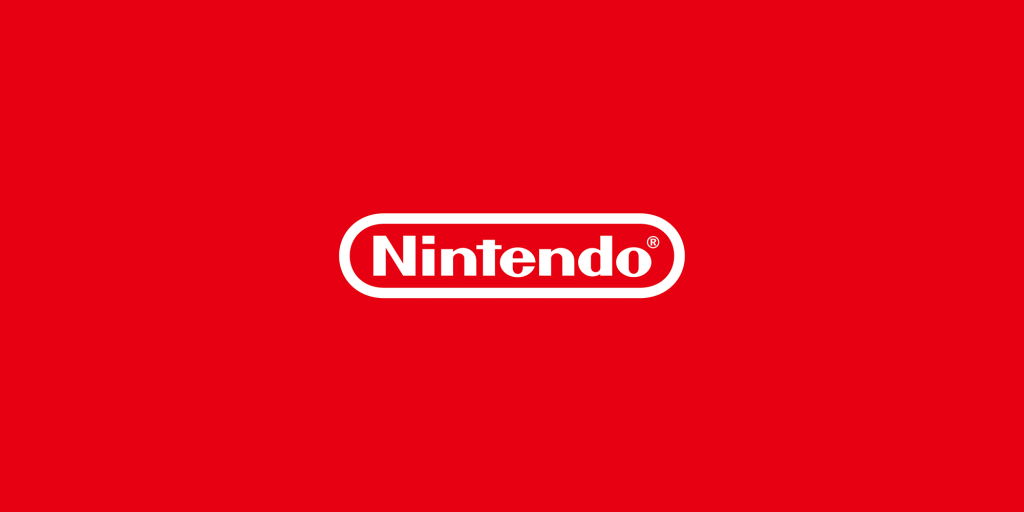Video Gamer is reader-supported. When you buy through links on our site, we may earn an affiliate commission. Prices subject to change. Learn more
Saudi Arabia’s Public Investment Fund (PIF), set up by Prince Mohammed bin Salman, has bought a 5% stake in Nintendo.
According to a report from Bloomberg, this means that the PIF (which is worth $500 billion) is now the fifth-largest Nintendo shareholder.
Nintendo has declined to comment, having learned of the buy through news reports. The PIF has said that the purchase was made for investment purposes. This is part of a concerted effort, by the PIF, to invest in games companies. It has bought stakes in the likes of Electronic Arts, Capcom, Activision Blizzard, and Take-Two.
Hideki Yasuda, a senior analyst at Toyo Securities, said:
“Saudi Arabia has been beefing up efforts to create its own content industry, and this series of investments in Japanese game companies is likely a way for them to learn from Japan.”
Saudi Arabia has made a number of these investments in Japan, as the weaker yen has made them more affordable. The reason that the purchase is cause for controversy is because of the nature of the PIF itself. Prince Mohammed bin Salman set up the fund, and he is a controversial figure. The C.I.A. has blamed him for the assassination of Washington Post journalist Jamal Khashoggi. On top of that, homosexuality is still a criminal offence in Saudi Arabia.
Nintendo hasn’t yet commented on the sale, and it may wish to distant itself from the PIF because of these reasons.
In other recent Nintendo news, company president Doug Bowser has spoken about the recent contractor complaints. Axios published excerpts from an internal e-mail from Bowser, saying:
“Like many of you, the executive leadership team and I find many of these points troubling, and we are closely reviewing the content.” He also went on to speak about Nintendo’s “zero-tolerance for inappropriate conduct.”

